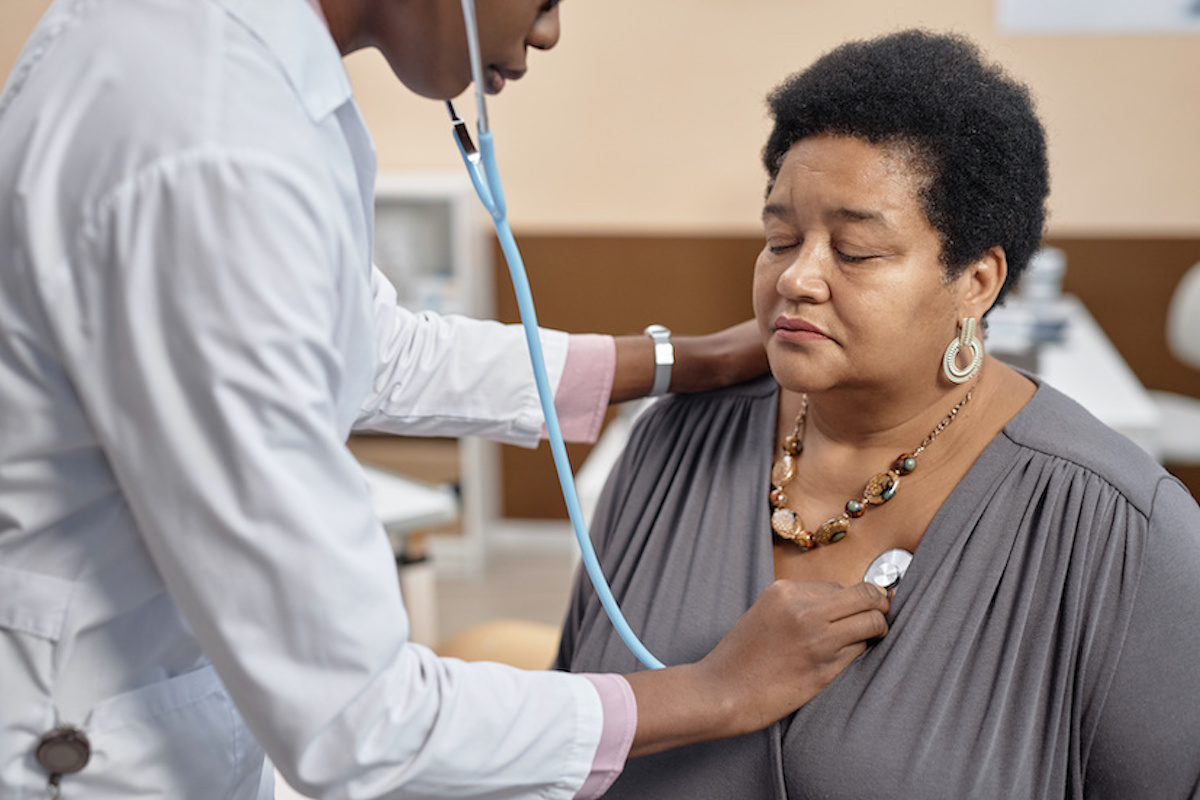Summer is still in full swing and your plans include spending lots of time enjoying the great outdoors—but coming down with a painful bug bite can easily put a damper on the day, and even cause long term illness such as Lyme disease.
According to the CDC, each year approximately 476,000 Americans are diagnosed and treated for Lyme disease. Allison Larson, MD, MS, a dermatologist, shares the below information to help prevent and treat dangerous bug bites:
Bug bites come in all shapes and sizes. Whether it’s wasps, hornets, bees, ticks, mosquitoes, fleas, or bedbugs – most insect bites are not serious and can be fully treated within days. However, they can sometimes become infected or cause a severe allergic reaction. Or even worse, they could result in a serious illness such as Lyme disease, West Nile virus, Zika virus and other vector-borne viruses.
How to treat an insect bite or sting
- Remove the stinger or insect carefully if it’s still in the skin (tweezers work well.)
- Wash the affected area with soap and water.
- Apply a cold compress or an ice pack for at least 10 minutes to reduce swelling.
- Avoid scratching the area to reduce the risk of infection.
How to prevent insect bites and stings
- Apply insect repellent to exposed skin before heading outside. Experts recommend repellents that contain DEET for adults. DEET concentration of 20% should last 3-5 hours. For infants, toddlers, young children and even pets, a DEET-free repellent such as ‘Green Bug’ (a local Lowcountry product), works very well.
- If you’re spending a lot of time outside, wear pants, socks, gloves and long-sleeved clothing to avoid skin exposure. Light colored clothing will help you more easily identify ticks that you might have picked up.
- Remain calm if you encounter a bee or wasp, they are more likely to sting if you wave your arms or act aggressively around them.
- Keep food and drink covered (especially sweet things) to avoid attracting stinging insects.
Fun fact: Mosquitoes are attracted to certain blood types. If you’ve noticed that mosquitoes seem to bite some people more than others, you’re right! Studies show that mosquitoes are more likely to feed on people with blood type O.
When to seek medical attention. If your symptoms don’t start to improve or are causing increasing pain, pus, swelling or redness, you develop fevers or a spreading rash, it is recommended to seek professional treatment.Source:MedStarHealth@NationalToday.com











